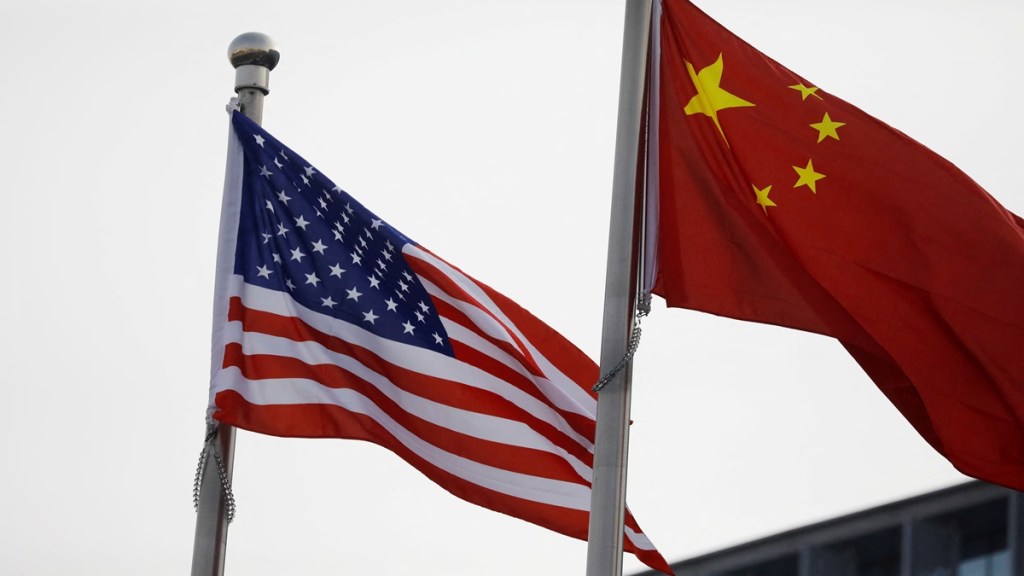The United States will now secure access to Chinese magnets and rare earth minerals as part of a new trade agreement, President Donald Trump announced on Wednesday. As part of the trade deal, Washington has agreed to raise tariffs on Chinese goods to 55%, while Beijing will see continued access for its students to American educational institutions.
Trump wrote on Truth Social, “Our deal with China is done, subject to final approval with President Xi and me. Full magnets, and any necessary rare earths, will be supplied, up front, by China. Likewise, we will provide to China what was agreed to, including Chinese students using our colleges and universities (which has always been good with me!). We are getting a total of 55% tariffs, China is getting 10%. Relationship is excellent! Thank you for your attention to this matter!”
The move comes amid persistent tensions between the two largest global economies, particularly around critical minerals, technology, and human rights. Trump said the U.S. would deliver on previous commitments made to China, particularly regarding academic access, while strengthening control over key mineral imports vital to industrial and defense applications.
The GRC Report
Meanwhile, a report released Wednesday by Netherlands-based Global Rights Compliance (GRC) has flagged major international brands over their potential links to forced labor in China’s Xinjiang region. The report identifies 77 Chinese suppliers involved in the extraction and processing of critical minerals—such as titanium, lithium, beryllium, and magnesium—in Xinjiang, the region is a key hub for China’s strategic materials sector, but is also the focus of international concern over alleged coercive labor practices targeting Uyghur Muslims and other Turkic minorities.
According to the report, products ranging from commercial paints to aerospace components are potentially connected to forced labor practices. Companies named include Coca-Cola, Walmart, Avon, Sherwin-Williams, and Nescafe, among others. These firms may be indirectly sourcing titanium and other materials processed in facilities operating under China’s “labor transfer programs.”
“Mineral mining and processing in (Xinjiang) rely in part on the state’s forced labor programs for Uyghurs and other Turkic people in the region,” the report said, urging firms to reexamine their supply chains and ensure compliance with ethical sourcing standards.
The Chinese Foreign Ministry dismissed the allegations, stating that “no one has ever been forcibly transferred in China’s Xinjiang under work programs.” It accused the report of being “a lie concocted by certain anti-China forces” and said such claims were aimed at undermining Xinjiang’s development under the pretext of human rights.
Trade Deal
The bilateral announcement follows two days of trade negotiations in London, where both countries agreed to restore momentum in talks derailed by disputes over mineral access and export controls. These developments build on an earlier truce reached in Geneva last month.In response to growing international scrutiny, the US has already moved ahead with legislation to ban imports from Xinjiang unless companies can prove the goods are free from forced labor. Enforcement now covers sectors beyond apparel and agriculture, including metals like aluminum and emerging concerns around EV battery minerals.
(With inputs from Agencies)


